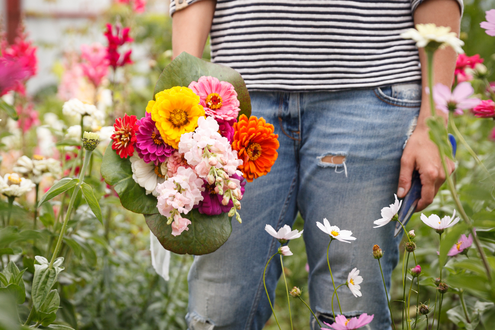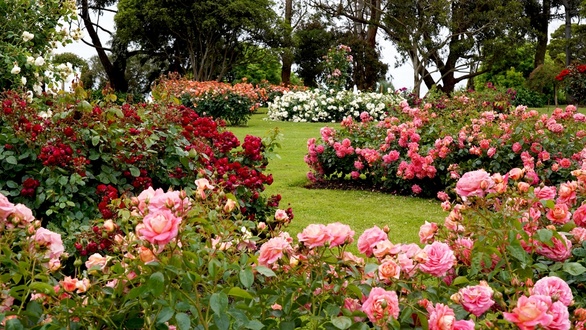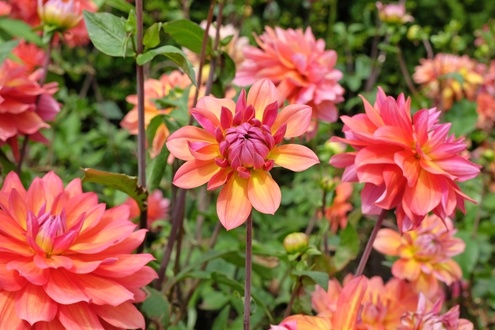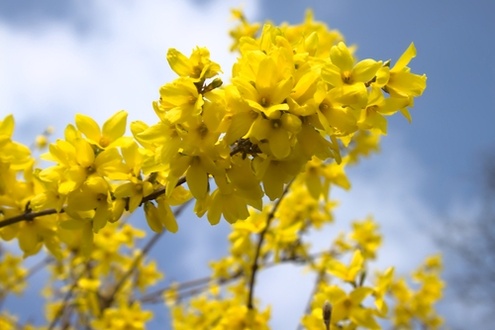
Many of the plants in our gardens have come to us from lands with kinder climates than our own. This allows our gardens to look like a tropical paradise in summer, but it also means that many of our plants need help to cope with cold weather. Protect your plants this winter with these top tips.
How to protect your plants this winter
-
If you’re not sure whether a plant needs winter protection, look it up. The Royal Horticultural Society has drawn up a hardiness rating system, classifying plants by the minimum temperature they can cope with. Fully hardy plants (classified as H5) are hardy down to -15°C (5°F). Frost-hardy plants (H3) are typically hardy down to -5C (23°F) and will probably survive a light frost but are likely to need winter protection in all but mild areas. Tender plants (H2 and H1) will not survive temperatures below 0°C (32°F) and must be kept frost-free in winter.
-
One of the biggest dangers for container plants in winter is the compost in the pots becoming waterlogged and possibly frozen. This will kill off even the hardiest plants, so any banks left outdoors over winter should be raised on pot feet to ensure they drain well. In very cold areas, it’s also worth wrapping pots in bubble wrap or fleece for extra insulation.
-
Move tender plants indoors in winter. If they have lost their leaves and are entirely dormant, they can be stored in a frost-free shed, but evergreen plants will still need light and should be kept in a greenhouse or conservatory or on a sunny windowsill. Line your greenhouse windows with bubble wrap to insulate them and reduce the amount of electricity needed to heat the space.
-
Cover winter crops like salad leaves, spinach and chard with cloches or horticultural fleece to allow you to keep harvesting.
-
In mild areas of the country, apply a thick layer of mulch such as compost or leaf mould to protect tender bulbs like dahlias and gladioli through winter. In icy areas, it’s best to dig them up once the first frost has killed the foliage and store them in a cool, dry, frost-free place over winter.
-
Strong winter winds can damage plants, so tie in climbing plants and check stakes and tree ties are secure. Cut tall shrub roses down by a third to protect their roots against damage from wind rock.
-
Think long-term when choosing plants for your garden. Plants such as salvias, lavender, and rosemary from Mediterranean climates will struggle to survive winters in heavy clay soils. Improve drainage by digging in compost or other organic material before planting, or plant them in pots instead.
Let us help you get your garden ready for winter. Whether it’s mulch, pot feet or winter plants you’re after, you’ll find all you need in our centre!




